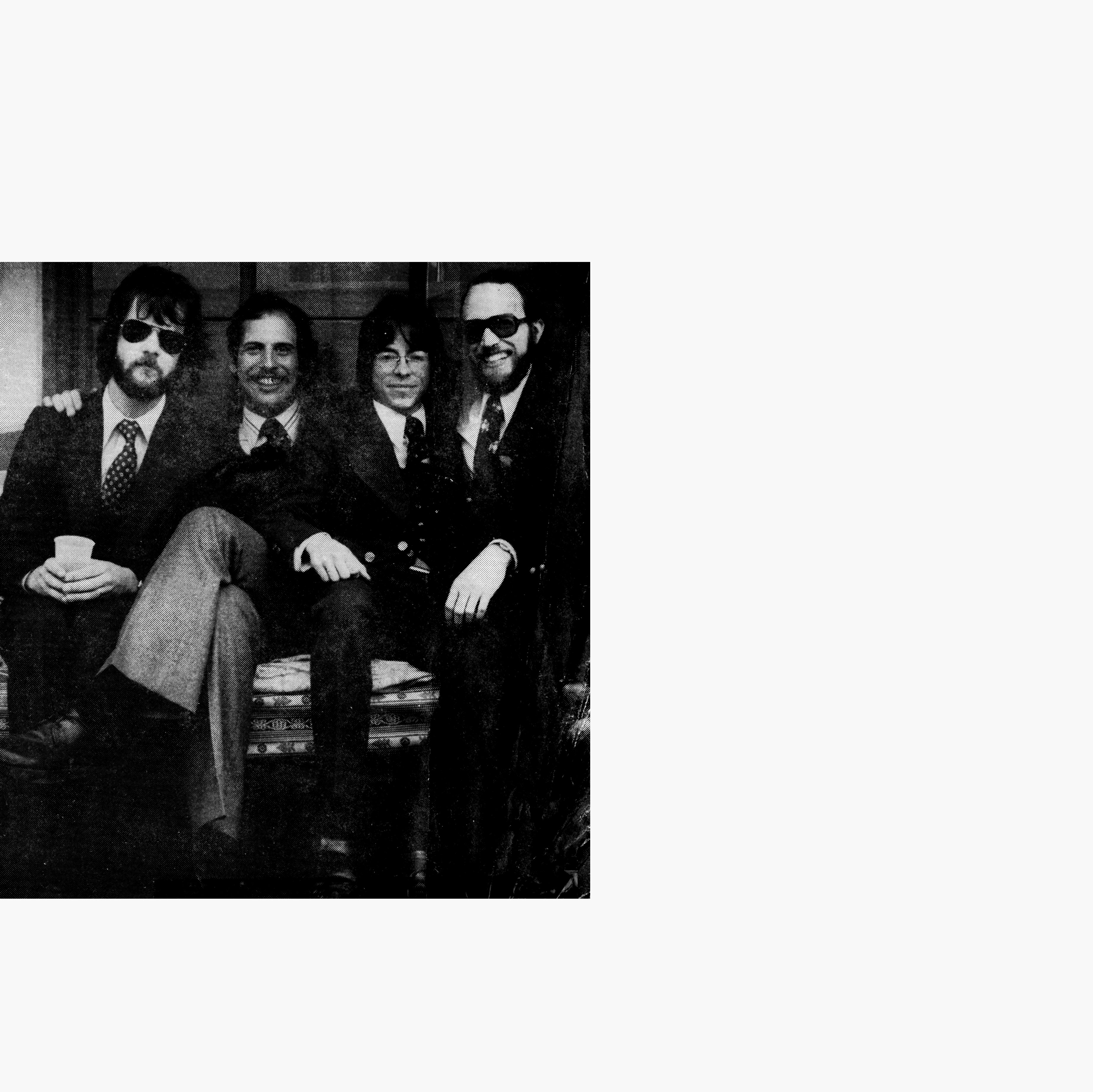
Music of BL Lacerta
Starts shipping out the week of August 28.
Irida Associates U.S.A., an obscure and short-lived record label formed by composer-performer Jerry Hunt (1943–1993), offers a glimpse into the revelatory world of new music and composition in the artist’s native Third Coast. Based first in Dallas and later in Hunt’s home outside the rural town of Canton, Texas, Irida presented the innovative and daring experiments—into aleatoric methods, environmental acoustics, improvisation, homemade technologies, and more—pursued by Hunt and his select collaborators, primarily working in or near Texas between 1979 and 1986. Irida’s brief and compact output—seven non-sequentially numbered LPs released in unknown quantities—shared work by artists whose practices often challenged the limitations of vinyl recording.
Originally reissued by Blank Forms as a set of seven LPs plus an eighty-two-page booklet, these seven LPs are now available individually.
Music of BL Lacerta (IR-0009, 1981) is an album of spontaneous music featuring two live performances, one at the University of North Texas art gallery and one at the Second National Tuba-Euphonium Symposium-Workshop, and a stray studio recording done at a facility in Lexington, Kentucky. The collective BL Lacerta, whose name is derived from a distant astronomical constellation, formed in 1976 (Lacerta also translates to “lizard,” accounting for the group’s reptilian cartoon logo). They began as classical music students at the University of North Texas and steadily built a reputation for their exceptionally tight improvised performances. Lacerta’s approach borrowed variously from the aleatoric composition of John Cage—whom the group later commissioned to write the piece “Improvisation A + B” (ca. 1984)—and the theatricality of the Art Ensemble of Chicago, with whom they shared a propensity for costume and humor. The record features both unstructured improv, built from the ground up during performance, and what the band referred to as “character improvisation”—riffs on a prompt, such as “Stravinsky,” their pastiche of the Russian composer, and the album’s final track “Monkey Chant,” based on Balinese kecak.